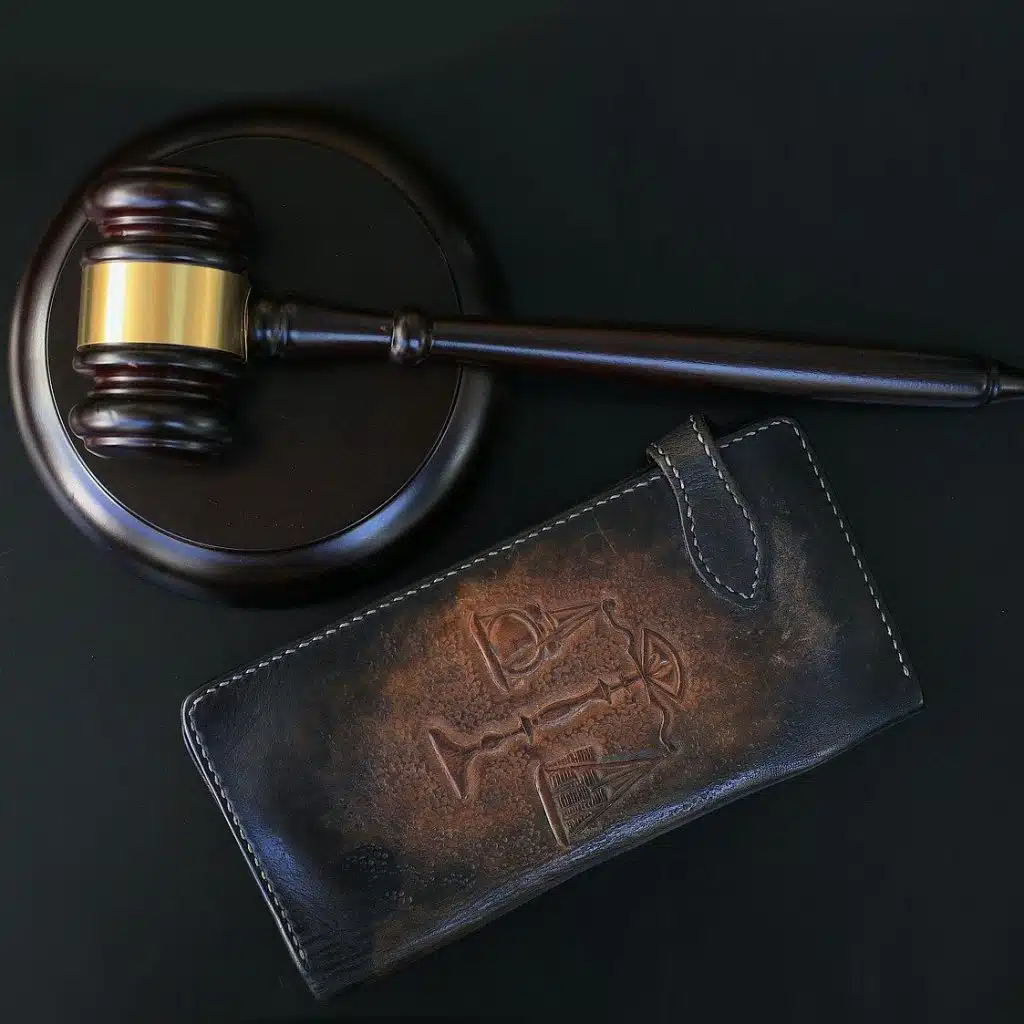Arguments over whether the U.S District Court for the Northern District of Illinois should grant a preliminary injunction to block the scheduled implementation of the Illinois Interchange Fee Prohibition Act were heard yesterday in Chicago.
While the judge did not issue a ruling, she did question both plaintiffs and defendants for details about how the payments system works and about what affect the law might have on it. No date for when a ruling would be handed down was provided, but plaintiffs are hopeful a ruling will be issued before the Thanksgiving holiday.
One question asked by the judge was whether other states have passed, or are considering, similar laws. Plaintiffs responded that no other states have passed any similar laws and that Pennsylvania was the most recent state to weigh similar legislation. The proposed Pennsylvania legislation failed to come up for a vote this summer.

When asked by the judge why the Illinois legislature passed the law, the defense said several states have been looking at the growing concern over interchange fees and the federal interchange debate championed by Illinois Sen. Richard Durbin.
Under the Illinois Interchange Fee Prohibition Act, scheduled to take effect July 1, 2025, merchants will pay interchange only on the pre-tax amount of a purchase. Interchange refers to the fee, typically a percentage of the transaction, that sellers pay to processors on card transactions.
In exchange for the exemption, the state will cap what merchants earn for collecting sales tax at $1,000 per month. Up to now, Illinois merchants were allowed to keep 1.75% of the sales tax collected per month as compensation for acting as agents of the state. The deal was reportedly one of the most generous sales-tax discount programs for local merchants in the country and is seen as a way for the state to increase revenues by capping what it pays merchants to collect sales tax on its behalf as opposed to levying a tax increase.
After the hearing, Illinois Bankers Association and the Illinois Credit Union League, two of the plaintiffs in the lawsuit, issued a statement welcoming the opportunity to present their arguments and characterizing the law as harmful to the payment ecosystem.
“This misguided state law will unleash payment chaos on the people of Illinois unless the court grants us a preliminary injunction barring its implementation,” Ben Jackson, executive vice president of government relations for the Illinois Bankers Association, and Ashley Sharp, legislative counsel and senior vice president of State Advocacy for the Illinois Credit Union League said in a statement.
“The payment system [the Illinois Interchange Fee Prohibition Act] calls for, barring interchange fees on taxes and tips, does not exist anywhere else in the world, and for good reason. It is a bad idea that will create unnecessary mayhem for consumers, businesses, and financial institutions of all sizes, while padding the profits of corporate megastores,” Jackson and Sharp added.
Both parties are confident the court will ultimately find IIFPA is preempted by multiple federal laws and should be invalidated.
The Illinois Retail Merchants Association, a major supporter of the law, had no comment on the proceedings.
The battle over the IIFPA has garnered national attention. The Electronic Payments Coalition, which opposes the law, has released a study that says 40 of the largest retailers will receive 40% of the estimated $118 million in interchange savings from the law. In addition, the 10 largest retailers – Amazon, Walmart, Home Depot, Verizon, Apple, AT&T, Costco, CVS, Walgreens, and Kroger – will receive 21.4% of the savings. The remainder of the savings would be split among 1.3 million small businesses in Illinois. After factoring in the operational costs to implement the new system, any savings incurred by small merchants will be a wash, the EPC says.
The EPC’s calculations are based in part on published figures from the Illinois state budget for estimated 2025 sales tax collection. The estimate uses an Illinois blended state and city sales tax rate, while also accounting for idiosyncrasies in Illinois’s sales tax law, such as a 0% sales tax rate on groceries and a 1% sales tax rate on medications, according to the EPC. In addition, the EPC looked at which of the Top 100 retailers, according to the National Retail Federation’s rankings, have operations in Illinois, as well as publicly available financial information on domestic sales.
“Without this injunction, credit card chaos is coming to Illinois in less than a year,” EPC executive chairman Richard Hunt said in a statement. “Illinois’s new law impacts the way every credit and debit card in the state is processed, making Illinois a global outlier and dangerous experiment with the safe and secure globally connected payment ecosystem.”
Hunt added the law “clearly does not help consumers and does next to nothing for small businesses. What it does do is add new costs in the form of costly equipment upgrades or increased bookkeeping.”






